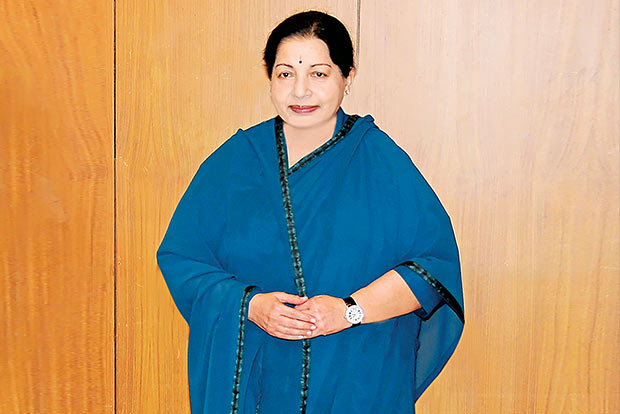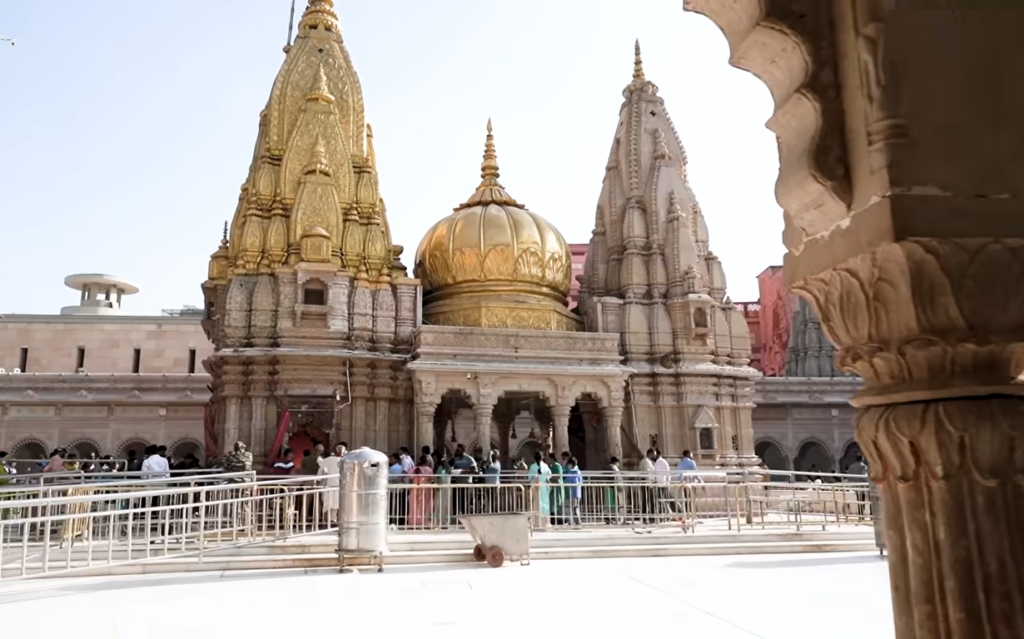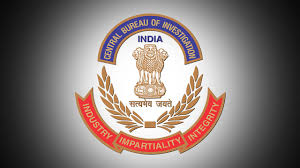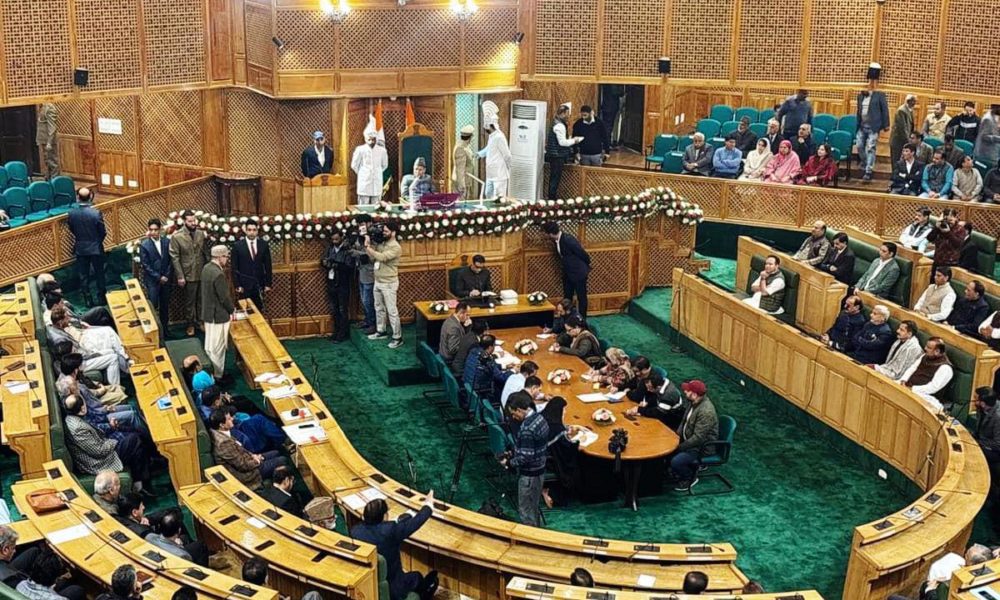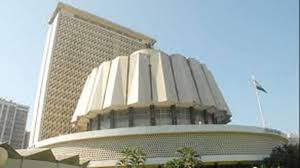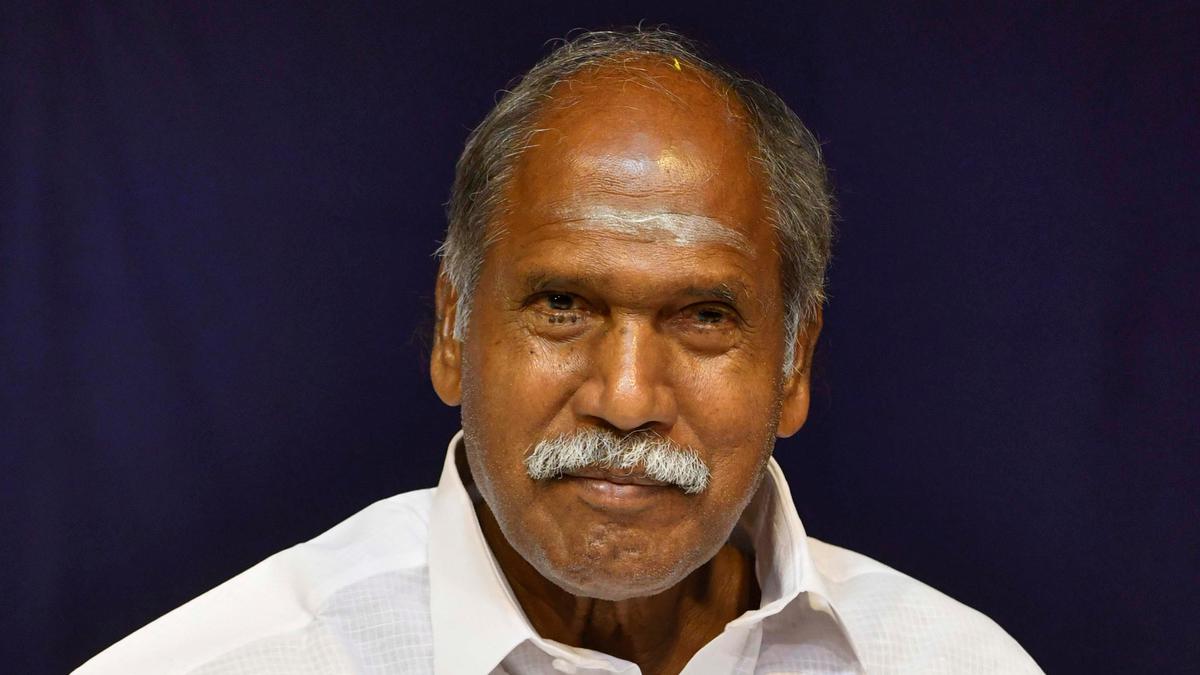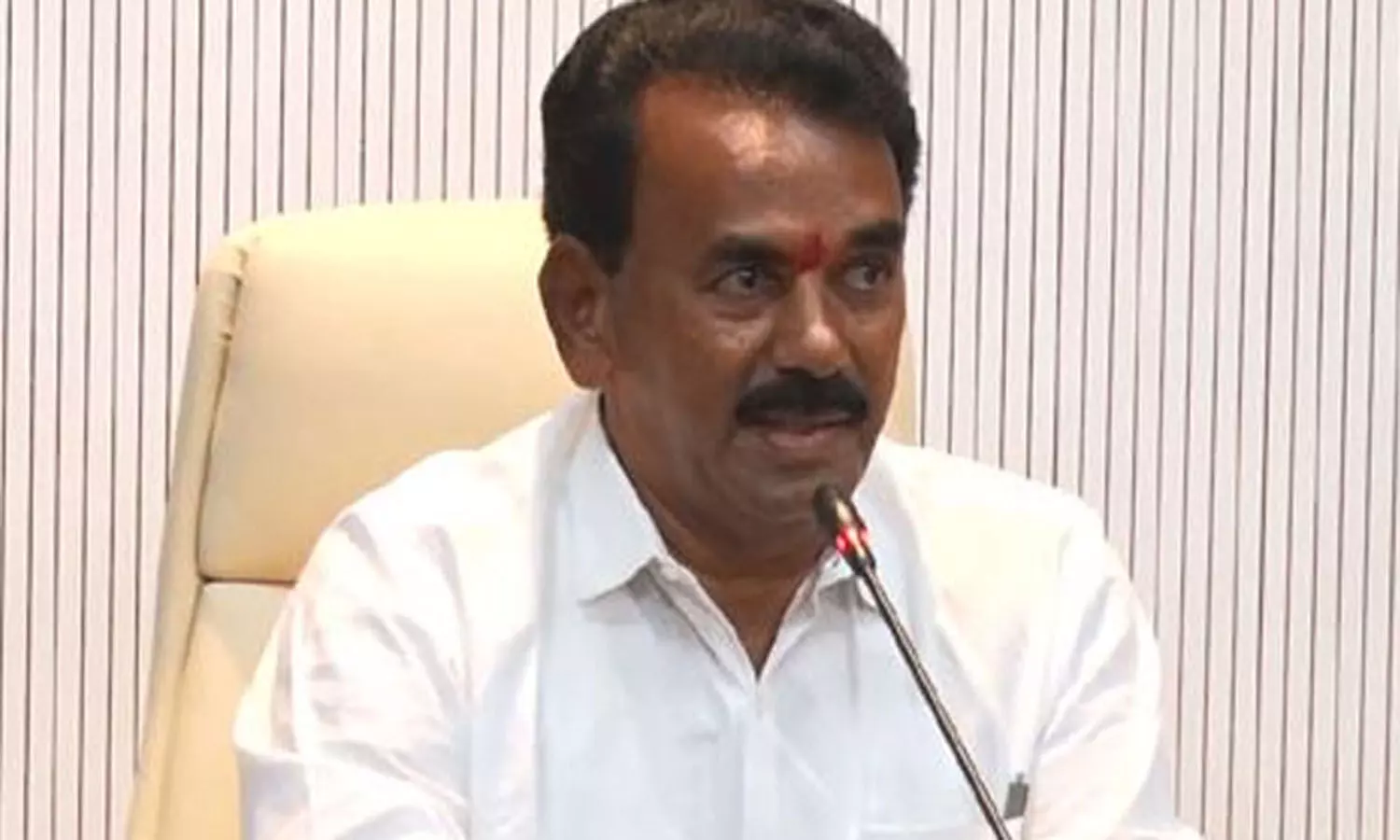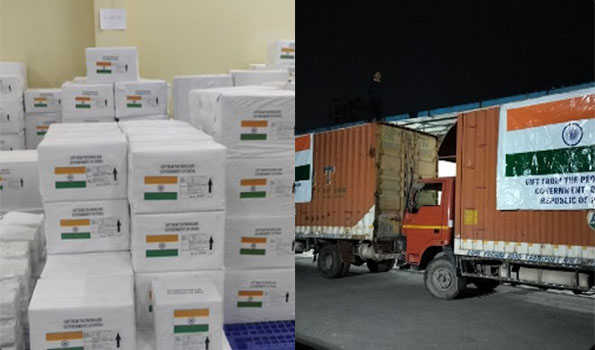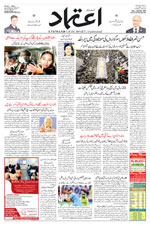Lok Sabha to take up Bill to prohibit triple talaq today
Thu 27 Dec 2018, 12:40:47
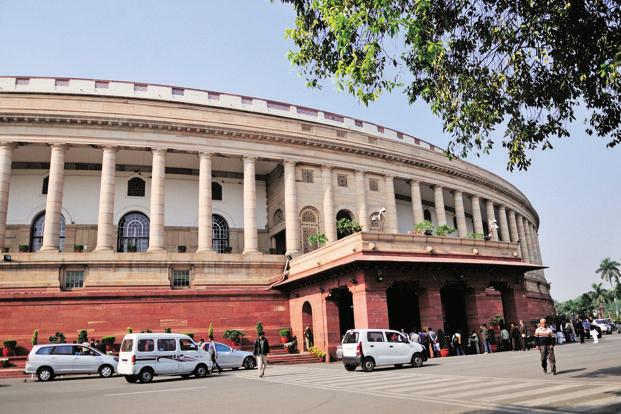
New Delhi: Lok Sabha will take up The Muslim Women (Protection of Rights on Marriage) Bill, 2018 on Thursday for consideration and passing.
Union Law Minister Ravi Shankar Prasad will move the Bill, which aims at "protecting the rights of married Muslim women and prohibiting divorce by pronouncing talaq by their husbands and to provide for matters connected therewith or incidental thereto, be taken into consideration."
BJP on Tuesday issued a whip to its Lok Sabha members to be present in the House on December 27 when the Bill to ban instant triple talaq is taken up for discussion and is likely to be put to vote.
The three-line whip is a strict instruction to the Members of Parliament from their respective party which necessitates their presence in the House and participates in the voting. Any breach of the whip has serious consequences including disciplinary action against the violators of the whip.
The fresh Triple Talaq Bill intends to make the practice of instant triple talaq among Muslims an offence under the Indian Penal Code (IPC) with the provision of three-year jail for the husband. The Bill, earlier introduced in the Lok
Sabha on December 17, will replace the ordinance issued by the Central government in September this year, banning the instant triple talaq.
Sabha on December 17, will replace the ordinance issued by the Central government in September this year, banning the instant triple talaq.
With the Lok Sabha failing to function properly due to disruptions ever since the Winter Session began on December 11, Speaker Sumitra Mahajan on last Friday had chaired a meeting of the Rules Committee during which law to punish erring members with disciplinary action was favoured.
In the meeting, while referring to Congress leader Mallikarjun Kharge's comments that his party was ready to discuss the instant Triple Talaq Bill on December 27, the Speaker had said: "I believe that on December 27 the House will function smoothly."
The instant triple talaq was taken up in the Parliament in August last year after a five-judge bench of the Supreme Court ruled unconstitutional a law that allowed Muslim men to divorce their wives simply by uttering "talaq" three times in quick succession.
In the landmark 3-2 verdict, the Apex Court found the practice un-Islamic and "arbitrary", and disagreed that Triple Talaq was an integral part of religious practice.
No Comments For This Post, Be first to write a Comment.
Most viewed from National
Most viewed from World
AIMIM News
Delhi Assembly polls: Owaisi leads Padyatra in Okhla
Feb 01, 2025
We reject this Waqf Amendment Bill: Asaduddin Owaisi
Jan 30, 2025
Latest Urdu News
Most Viewed
May 26, 2020
Which team will win the ICC Men's Champions Trophy 2025 held in Pakistan/Dubai?
Latest Videos View All
Like Us
Home
About Us
Advertise With Us
All Polls
Epaper Archives
Privacy Policy
Contact Us
Download Etemaad App
© 2025 Etemaad Daily News, All Rights Reserved.

